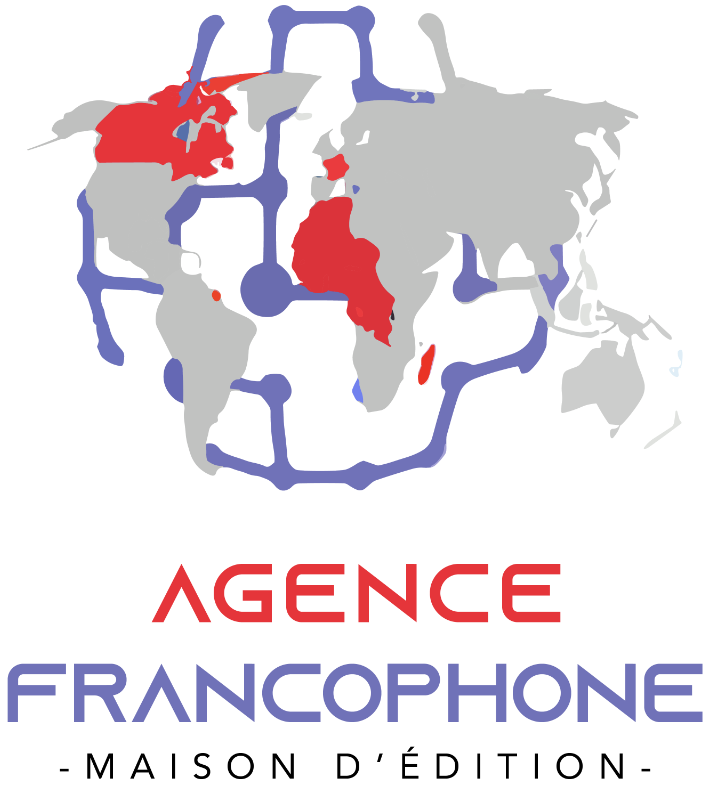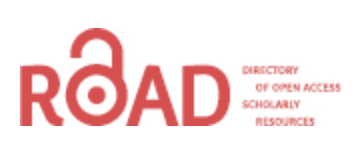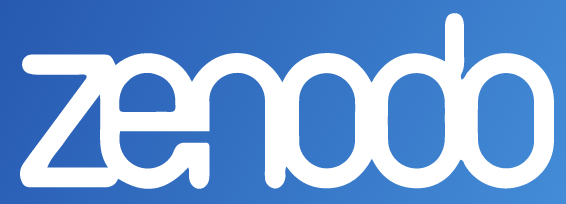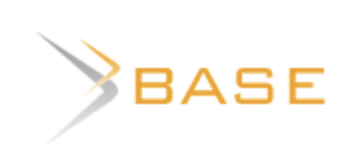Impact of Soft Skills and Cross-Curricular Teaching on the Quality of Higher Education: Case of the Moroccan Public University
Keywords:
Soft Skills, Cross-curricular teaching, Employability, Innovative teaching, Cross-curricular skillsAbstract
Abstract: Moroccan higher education faces numerous challenges, including the massification of teaching and the need to improve quality and competitiveness on the international stage. In this context, the integration of soft skills (behavioral competencies) and cross-curricular courses (interdisciplinary skills) has become a priority to ensure the quality of education.
Soft skills, such as communication, teamwork, time management, critical thinking, and problem-solving, play a key role in training students capable of adapting and evolving in a constantly changing professional environment. At the same time, cross-curricular courses, which include skills in leadership, innovation, digital literacy, and professional ethics, are important levers for making students more competitive and prepared for the job market.
Through an analysis of teaching practices and ongoing institutional reforms, this article highlights the positive effects of integrating soft skills and cross-curricular courses on the academic quality and employability of graduates. In addition, recommendations are proposed to strengthen these initiatives, notably by promoting continuing training for teachers and adjusting curricula to better meet the expectations of students and the job market.
Downloads
Downloads
Published
How to Cite
Issue
Section
License
Copyright (c) 2025 Ghizlane DIAB

This work is licensed under a Creative Commons Attribution-NonCommercial 4.0 International License.















